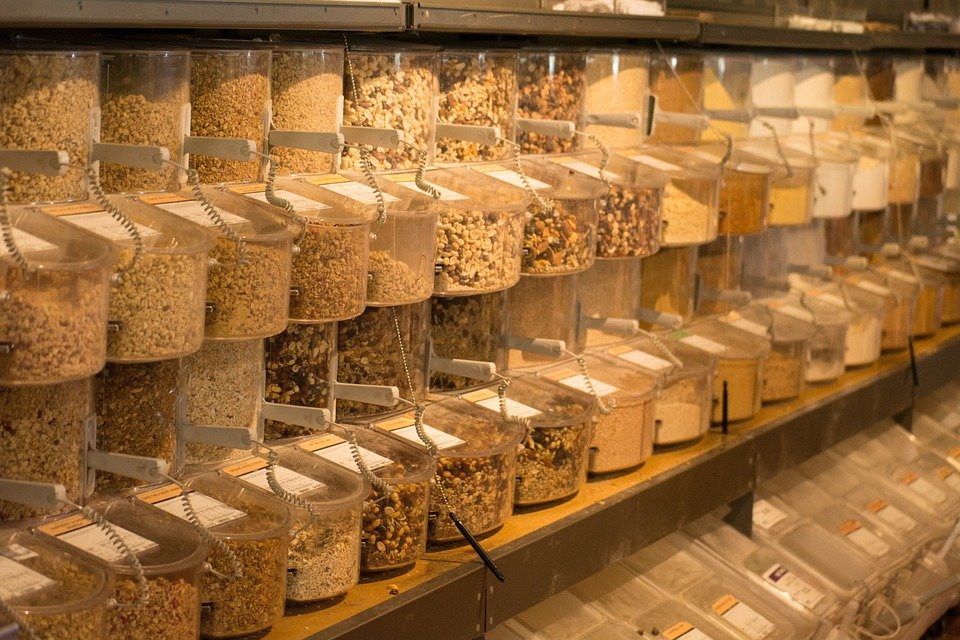From Farm to Table: The Journey of Wholefoods and Their Nutritional Value
Wholefoods have become increasingly popular in recent years as people become more conscious of what they are putting into their bodies. These foods are often considered to be more nutritious and better for overall health than processed or refined foods. But what exactly are wholefoods, and what makes them so special? In this article, we will explore the journey of wholefoods from the farm to the table and delve into their nutritional value.
What are Wholefoods?
Wholefoods are foods that have undergone minimal processing and are as close to their natural state as possible. This means that they have not been stripped of their nutrients or added artificial ingredients. Examples of wholefoods include fruits, vegetables, whole grains, nuts, seeds, and legumes. These foods are rich in vitamins, minerals, antioxidants, and fiber, making them beneficial for overall health.
The Journey of Wholefoods
The journey of wholefoods from the farm to the table begins with the farming process. Wholefoods are typically grown without the use of synthetic pesticides, herbicides, or fertilizers. This means that they are free from harmful chemicals that can be present in conventionally grown produce. Many wholefoods are also grown using sustainable farming practices, which help to protect the environment and preserve natural resources.
Once the wholefoods are harvested, they are transported to distribution centers where they are sorted, packaged, and shipped to various retailers. It is important to note that wholefoods have a shorter shelf life than processed foods, as they do not contain preservatives or additives. This means that they need to be consumed relatively quickly to ensure optimal freshness and nutritional value.
When wholefoods reach the consumer, they can be prepared and consumed in a variety of ways. Some people choose to eat wholefoods raw, while others prefer to cook or bake them. Regardless of how they are consumed, wholefoods provide the body with essential nutrients that are crucial for maintaining overall health and well-being.
Nutritional Value of Wholefoods
Wholefoods are packed with essential nutrients that are vital for good health. Fruits and vegetables are rich in vitamins, minerals, and antioxidants that help to protect the body against diseases and support overall health. Whole grains are a great source of fiber, which aids in digestion and helps to keep you feeling full and satisfied. Nuts and seeds are high in healthy fats, protein, and fiber, making them a great snack option.
One of the key benefits of wholefoods is that they are nutrient-dense, meaning that they provide a high amount of nutrients relative to their calorie content. This makes them an excellent choice for those looking to improve their diet and overall health. By incorporating more wholefoods into your diet, you can ensure that your body is getting the essential nutrients it needs to function properly.
FAQs
Q: Are wholefoods more expensive than processed foods?
A: While wholefoods can be more expensive than processed foods, they are often more nutritious and better for your health. It is important to prioritize your health and well-being when making food choices.
Q: Can I still eat processed foods while incorporating wholefoods into my diet?
A: It is possible to enjoy processed foods in moderation while also incorporating wholefoods into your diet. However, it is important to prioritize wholefoods as they are more nutritious and beneficial for overall health.
Q: Are organic wholefoods better than conventionally grown wholefoods?
A: Organic wholefoods are grown without the use of synthetic pesticides, herbicides, or fertilizers, making them a better choice for overall health and the environment. However, conventionally grown wholefoods can still be nutritious and beneficial for your health.
In conclusion, wholefoods are a valuable addition to any diet, providing essential nutrients that are crucial for overall health. By understanding the journey of wholefoods from the farm to the table and recognizing their nutritional value, you can make informed choices about the foods you consume. Whether you choose to eat wholefoods raw, cooked, or baked, incorporating more of these nutrient-dense foods into your diet can help you feel better and live a healthier life.


